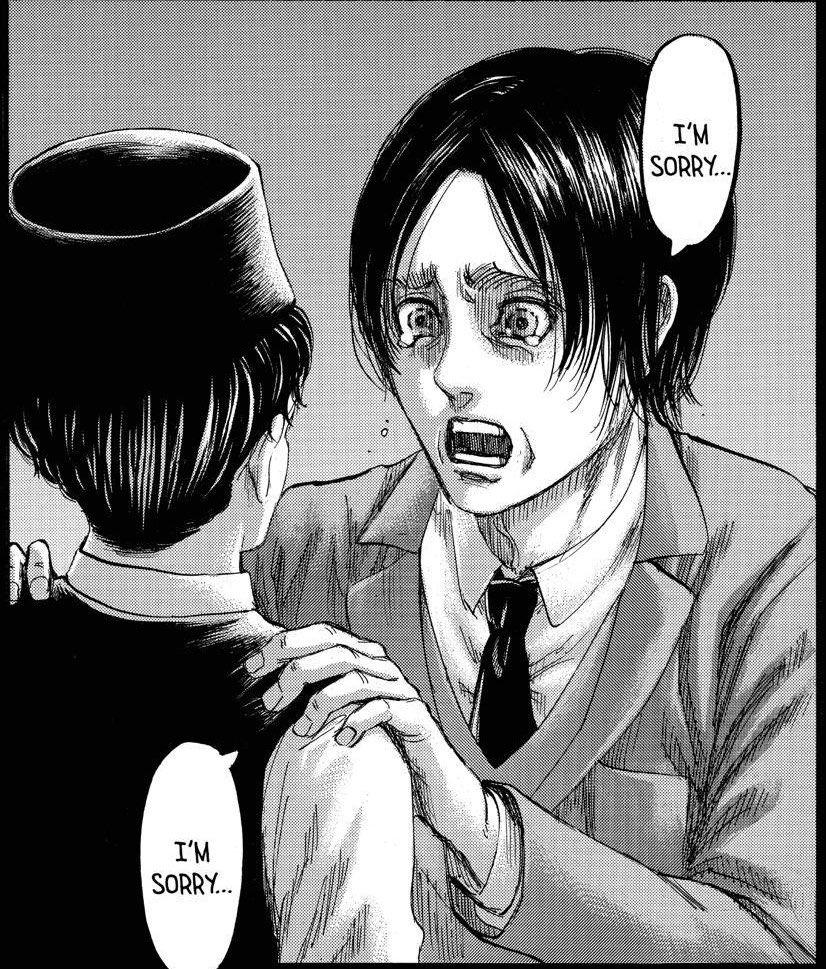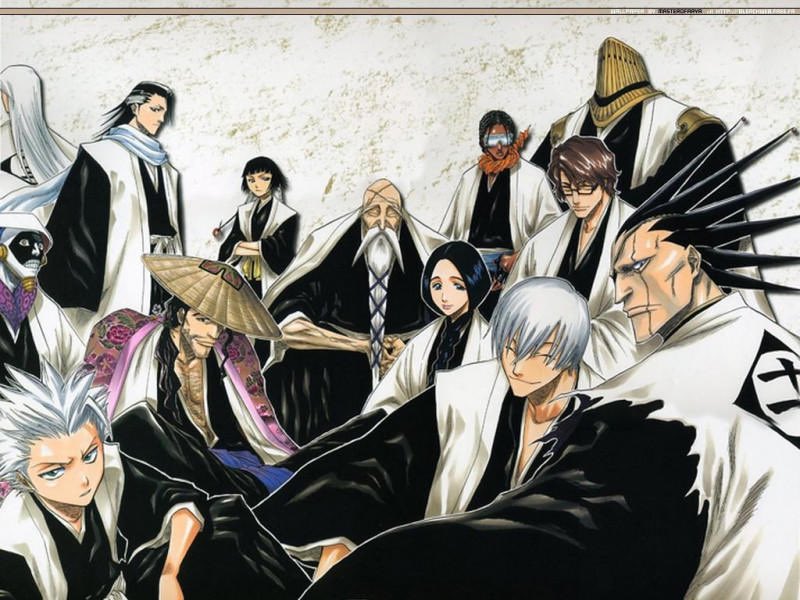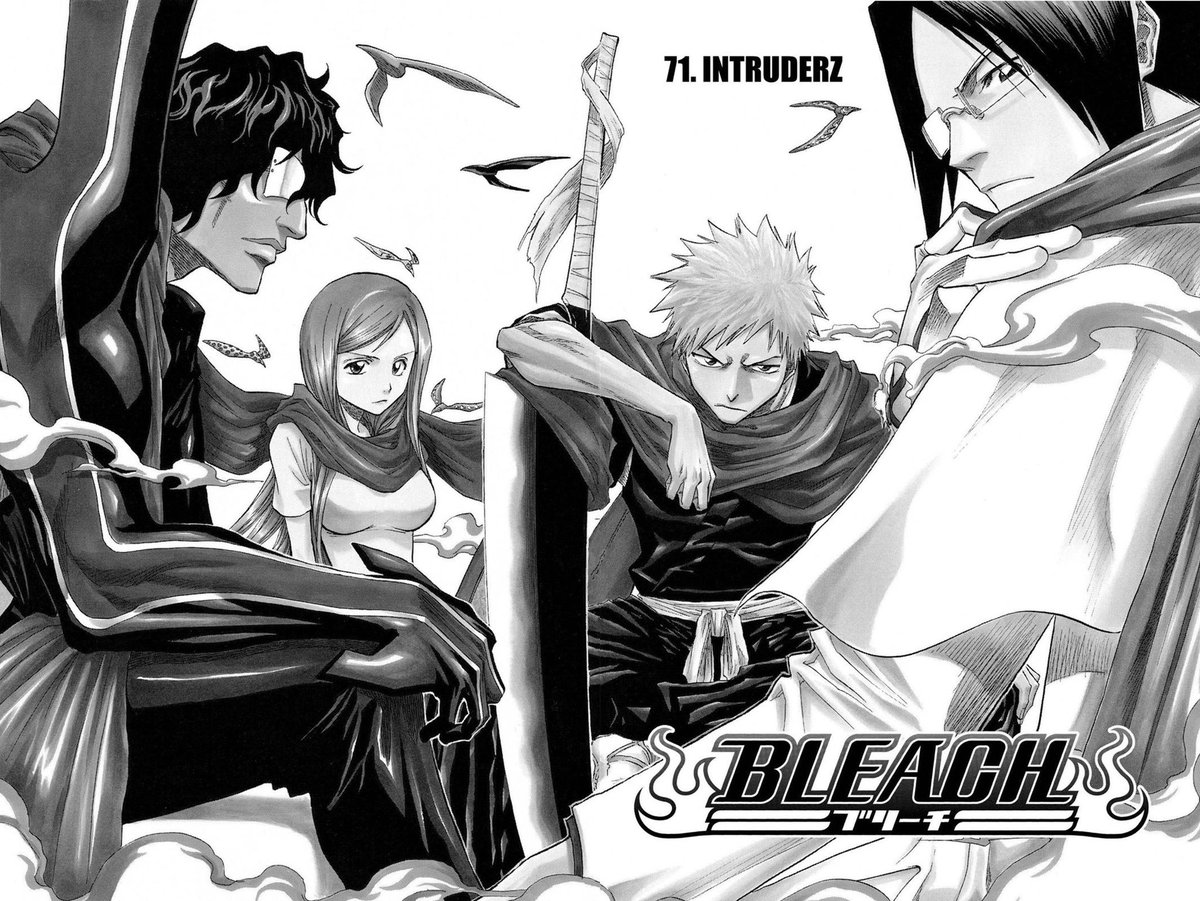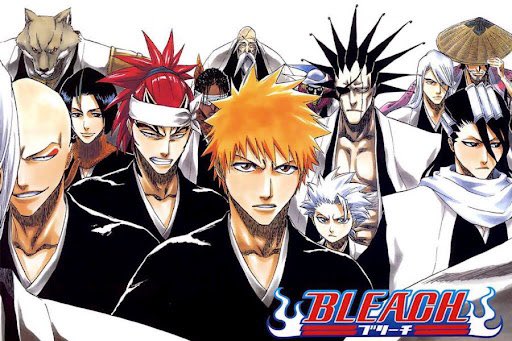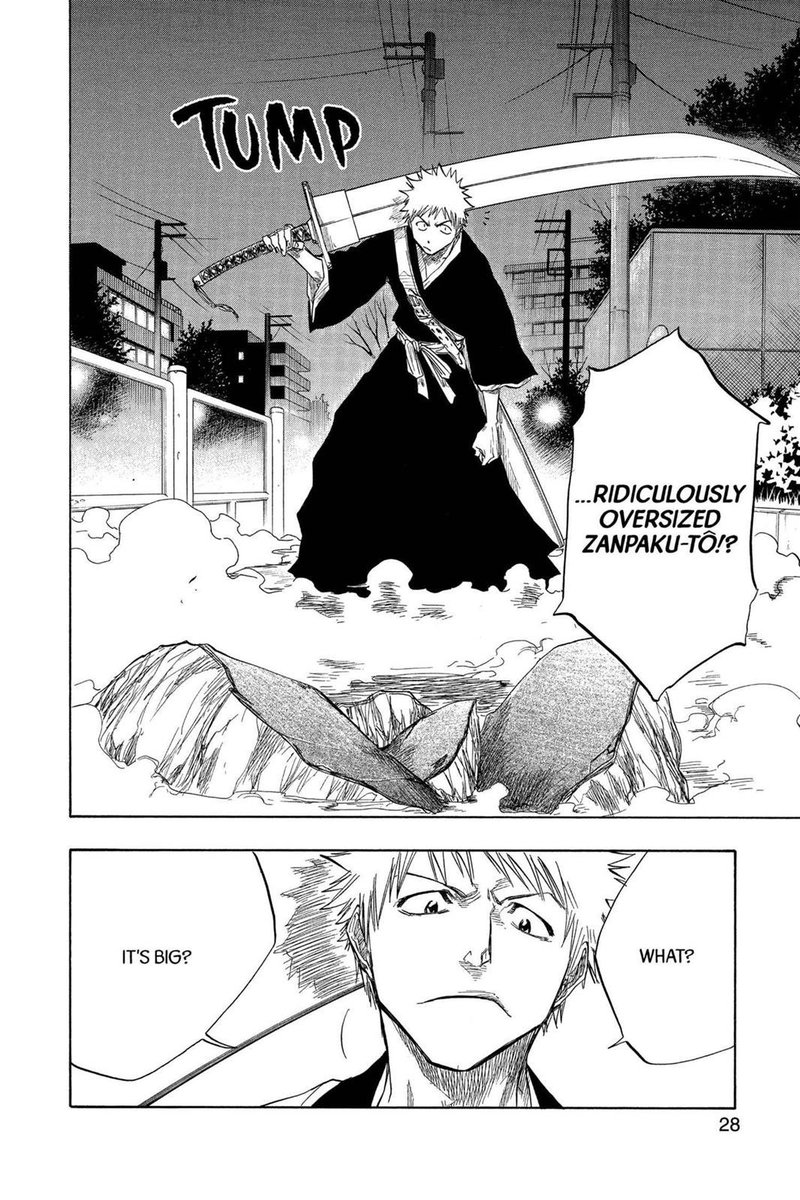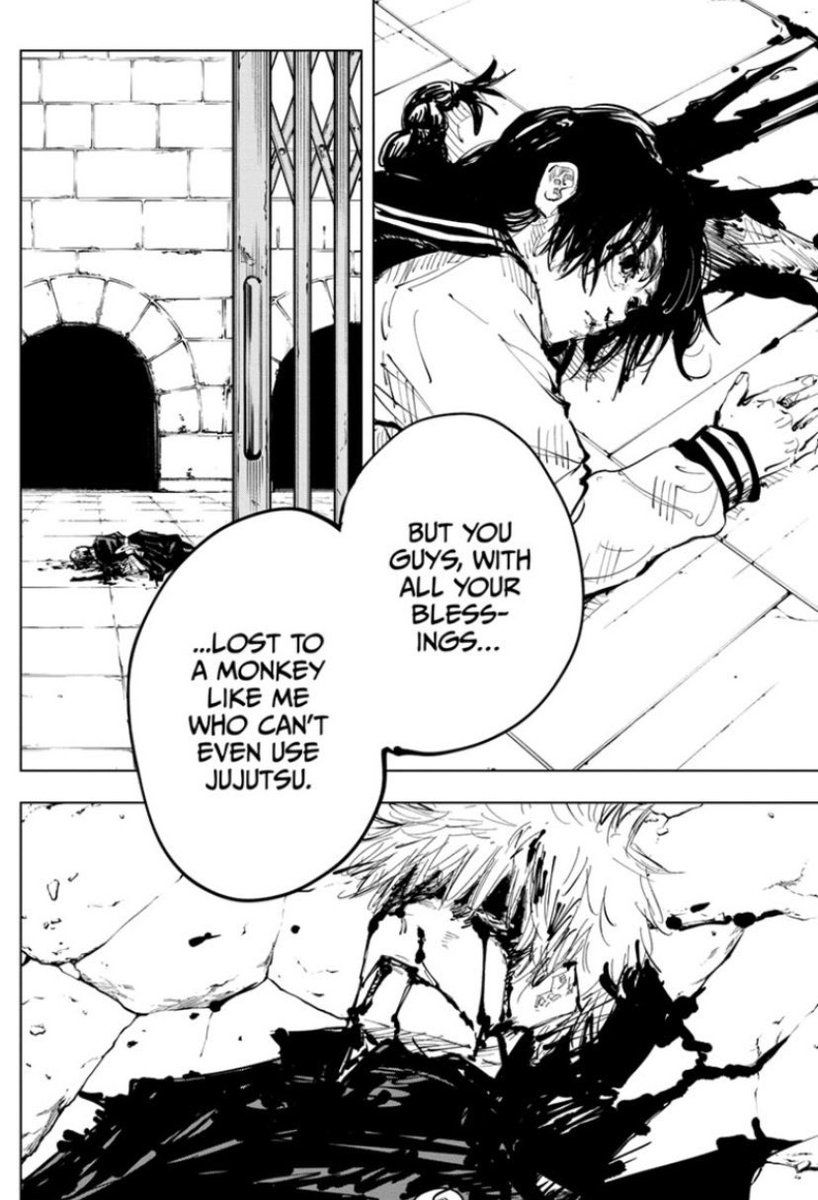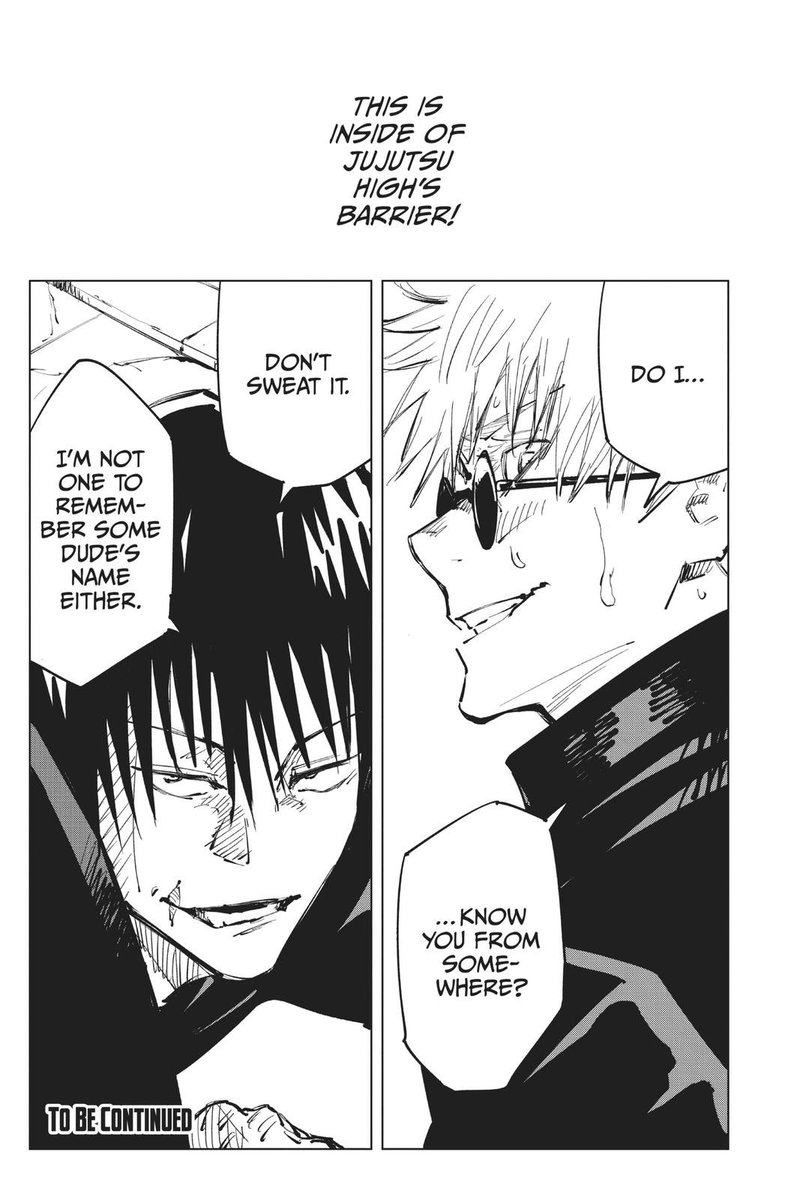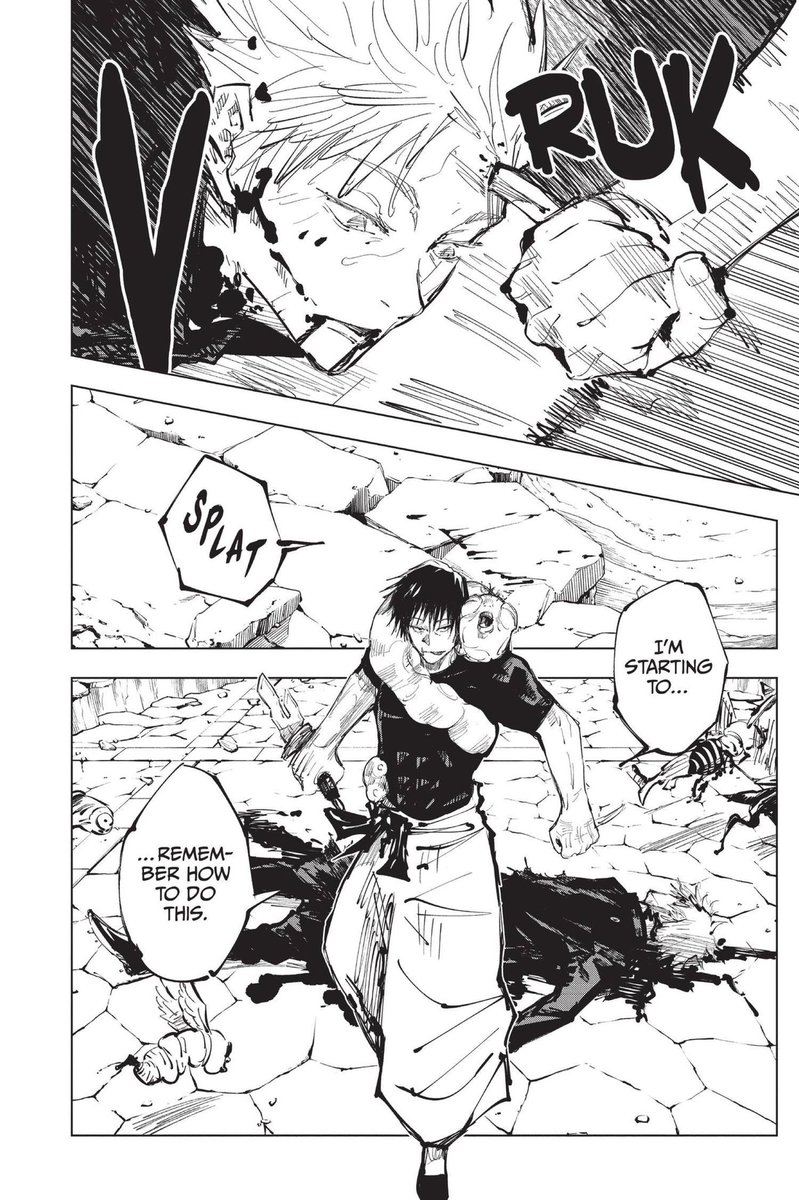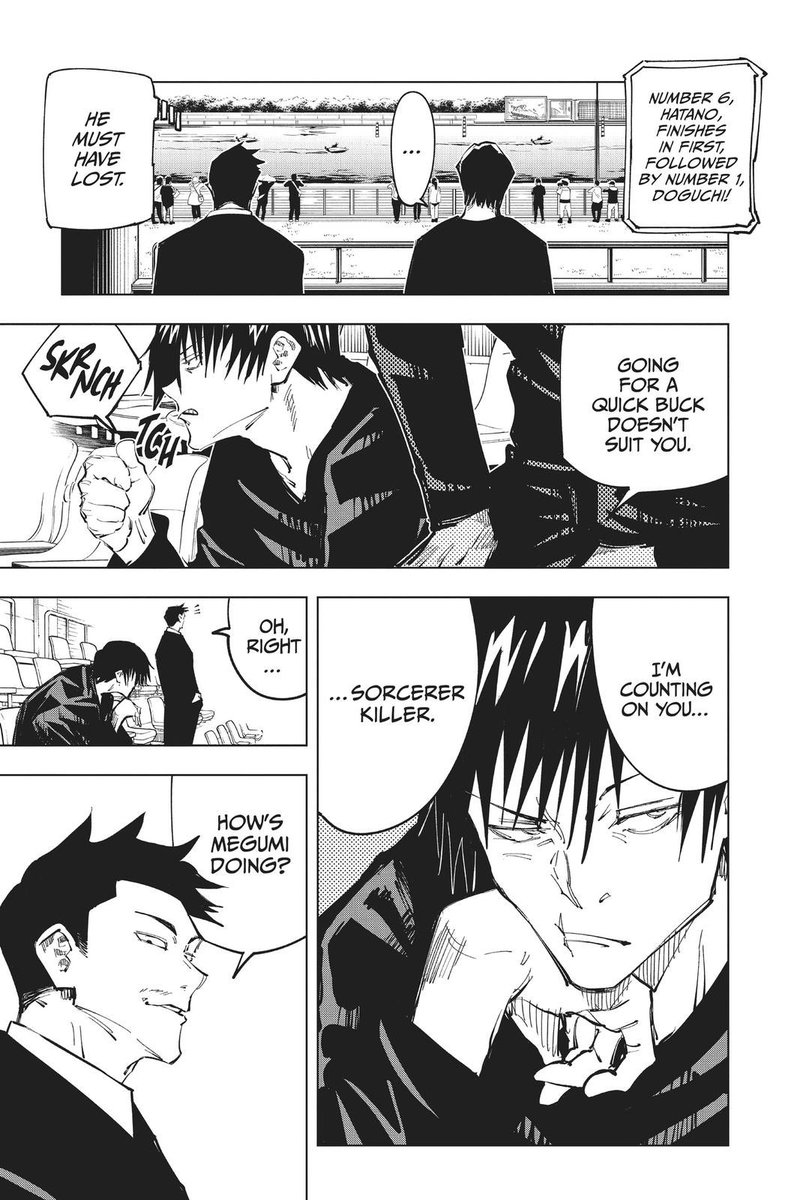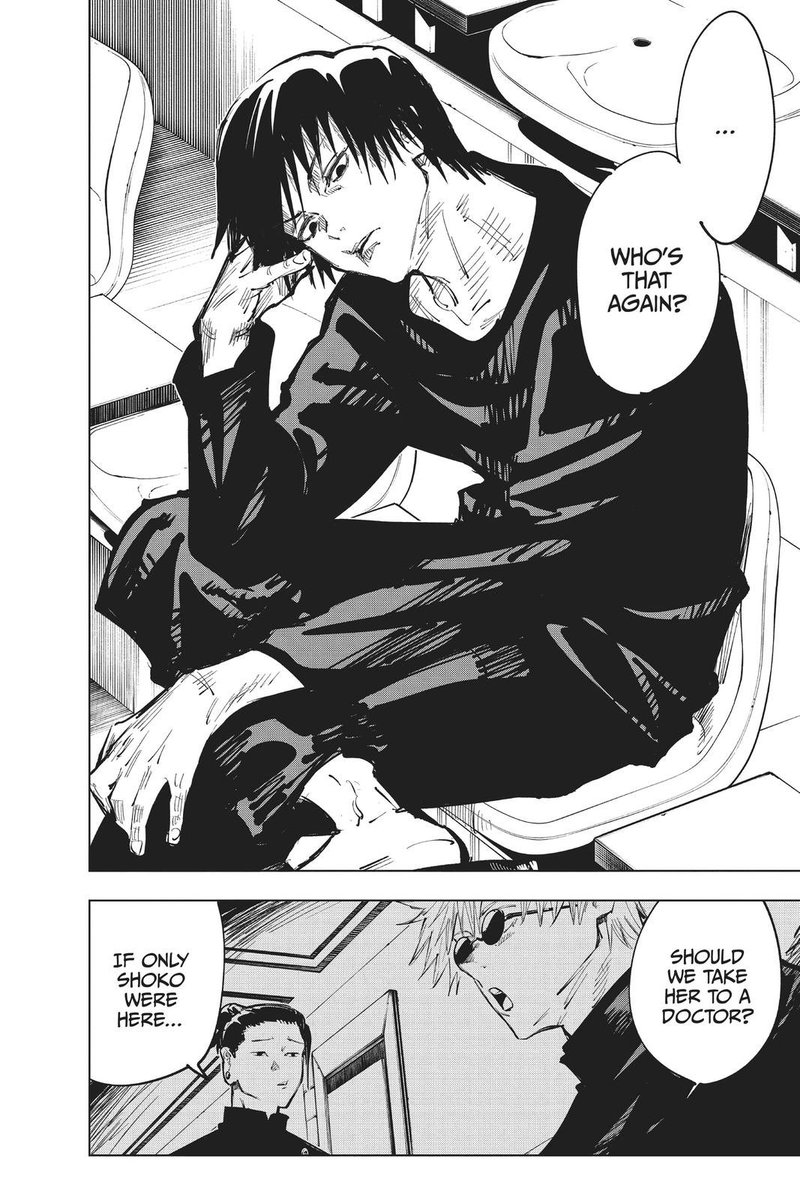
shunsui kyōraku’s perfect bankai - the theatre suicide (katen kyōkotsu: karamatsu shinjū)
a thread on one of the best characters in Bleach
a thread on one of the best characters in Bleach

To understand the significance behind his bankai, it’s important to first look at his shikai and how they play off of each other. Shunsui’s shikai brings children’s games into reality, showing his dislike of responsibility and easygoing ‘facade’. + 


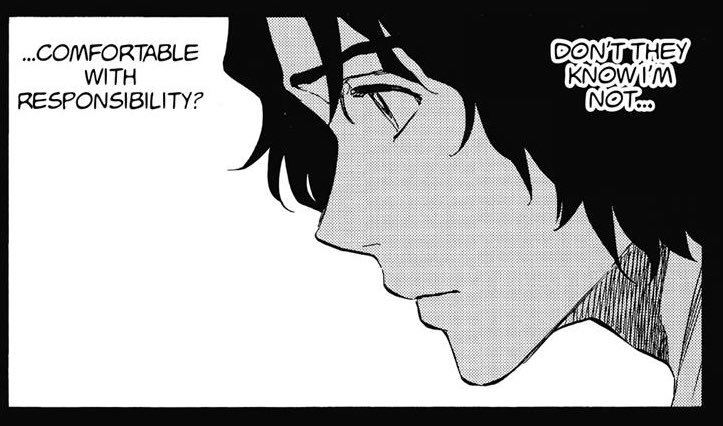
His shikai often utilises shadows which is notable because shadows tend to represent a darker/hidden truth. This truth would be his immense trauma and pain as shown through his bankai. Barro sees an illusion because this is not the ‘real’ Shunsui symbolically. + 





The extent to which his trauma affects him is best shown through his zangetsu. Zangestu is a part of the shinigami’s soul and Shunsui’s literally split in two due to the burden placed on him by Nanao’s mother. It’s the embodiment of his inner conflict. + 

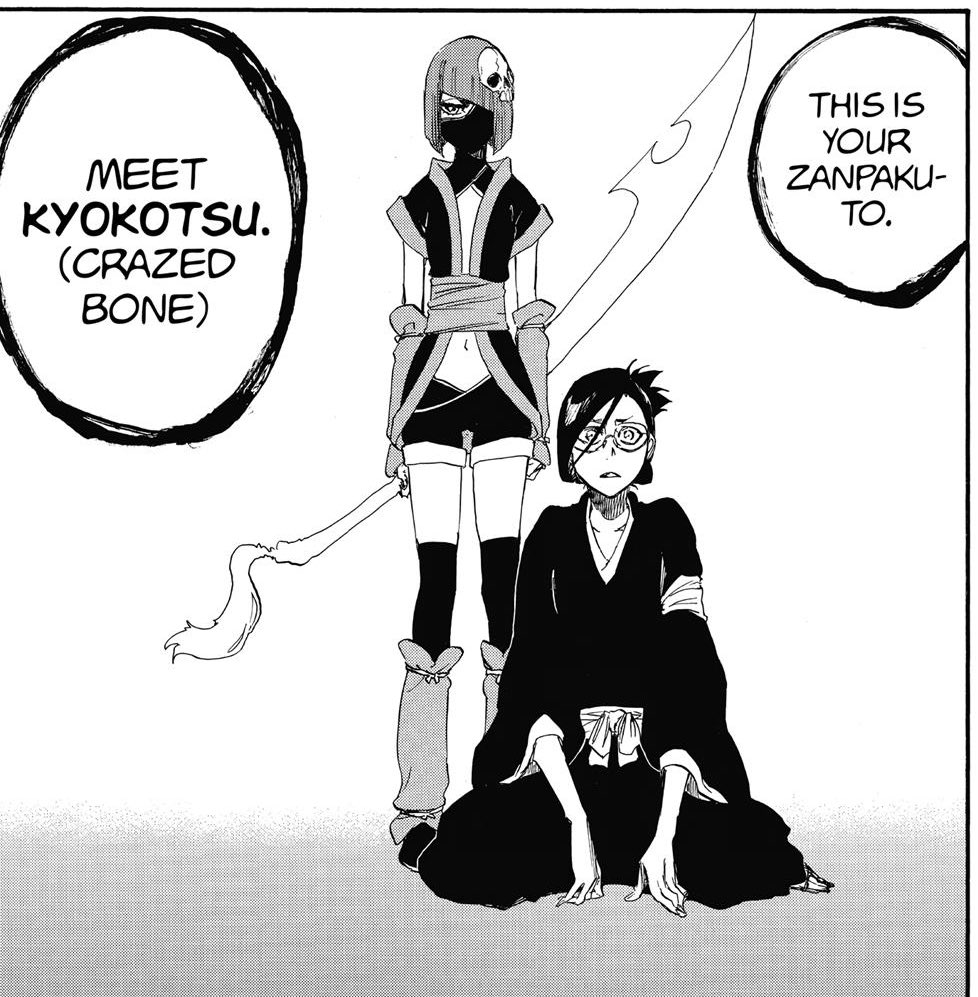

His aversion to responsibility and his deep pain explains why it takes so long for the audience to see his bankai. Just like he doesn’t want others to see and share his pain in-universe (he is kind), it’s only when he’s at the very end of his rope that it is used. + 

This is why his eyepatch is such good characterisation. Matthew 5:29 describes sacrificing the right eye to not fall into hell. Shunsui ‘sacrifices’ his childish facade to take responsibility as the captain general of the 13 court guards. + 



Onto the bankai itself, the theatre suicide shows the events of his sister in law’s life like a play and expresses shunsui’s emotions towards this trauma. Unlike his shikai which brought childish games into reality (false), his bankai shares his own reality (real) with others. + 

Act 1 is the decision to fight the curse by having a husband outside of the ise family, act 2 is the curse affecting him, act 3 is his death and act 4 is her own execution for giving away the sacred treasure. Shunsui lost his family & place of comfort, hence his trauma. + 





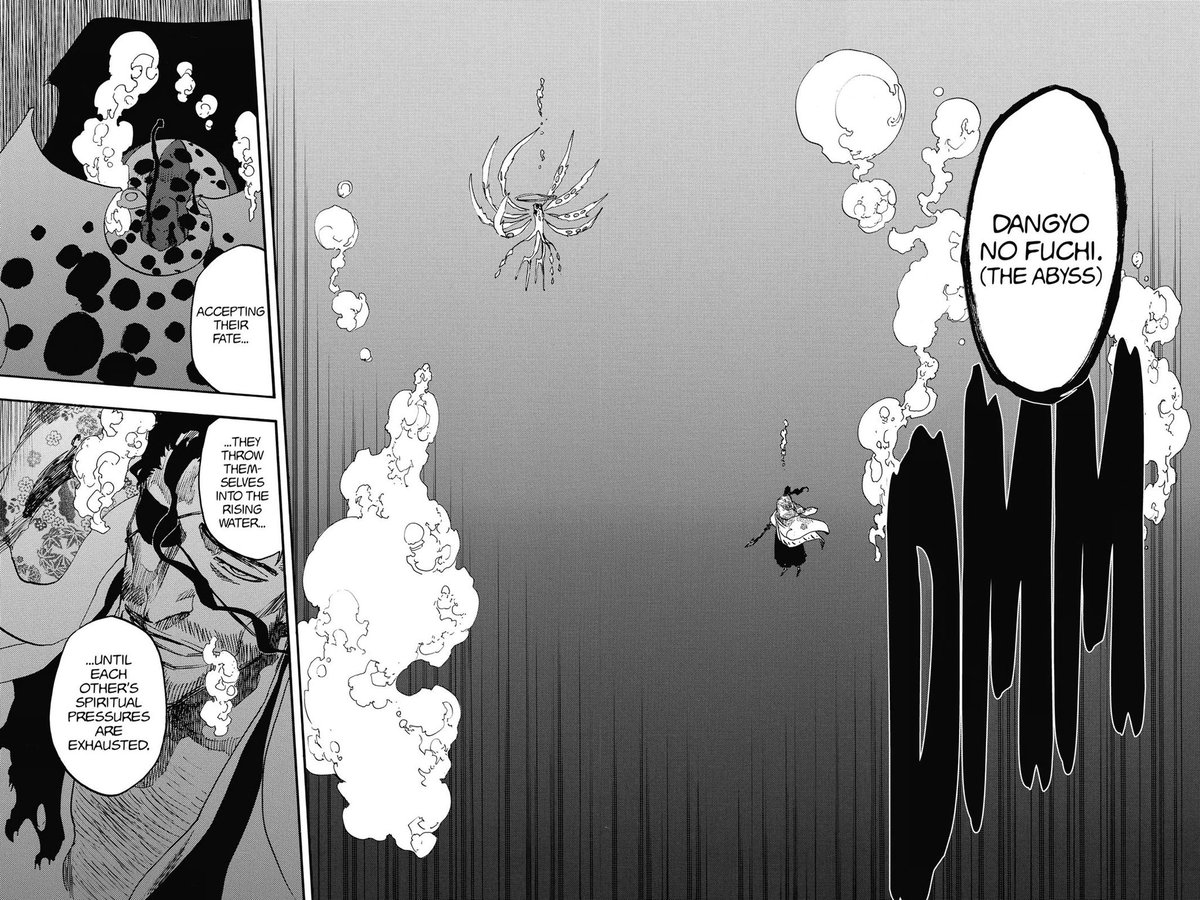
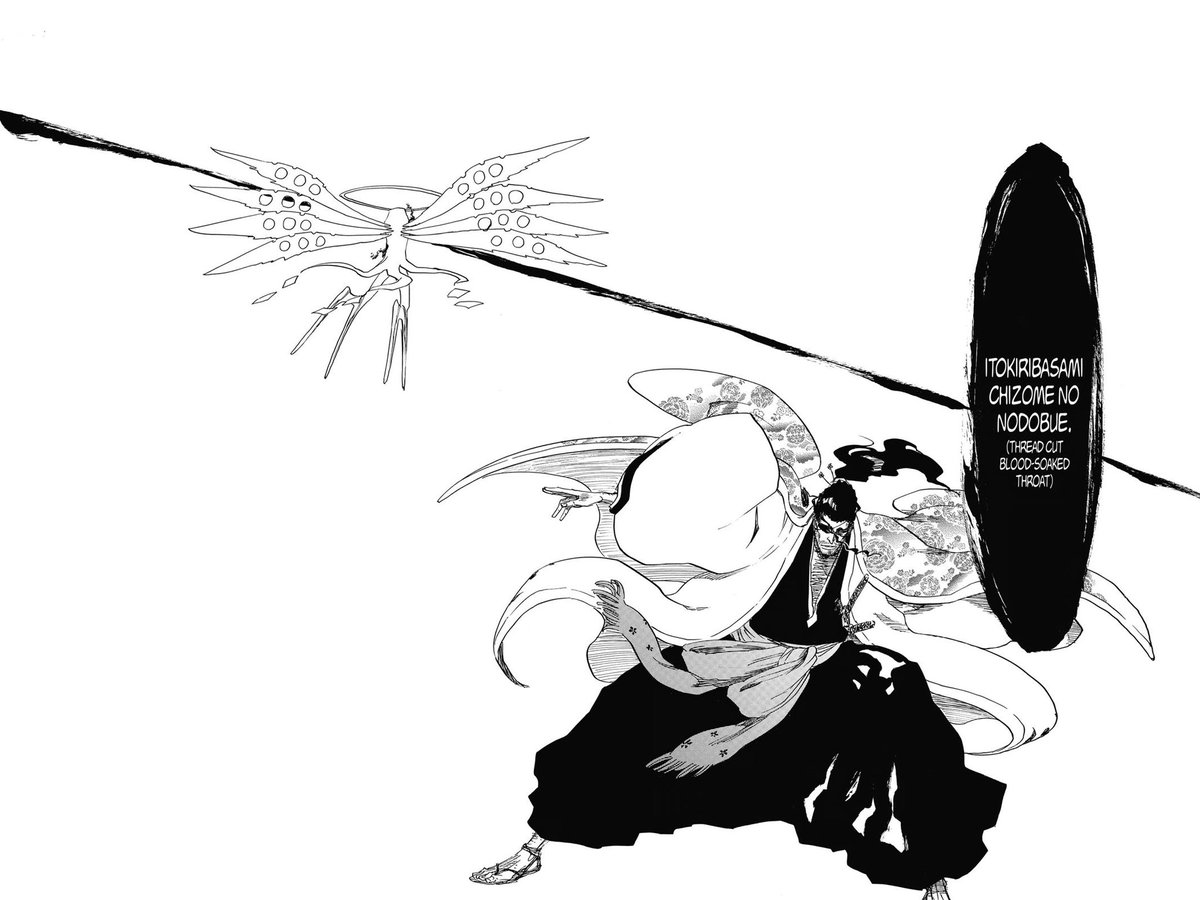
His language here highlights his self-loathing as the dialogue is also about him - he views himself as the ‘disgrace’. His strength also means he has a duty to keep reliving this, retrospectively strengthening his ties to Starkk who embodied ‘solitude’ due to his own strength. + 



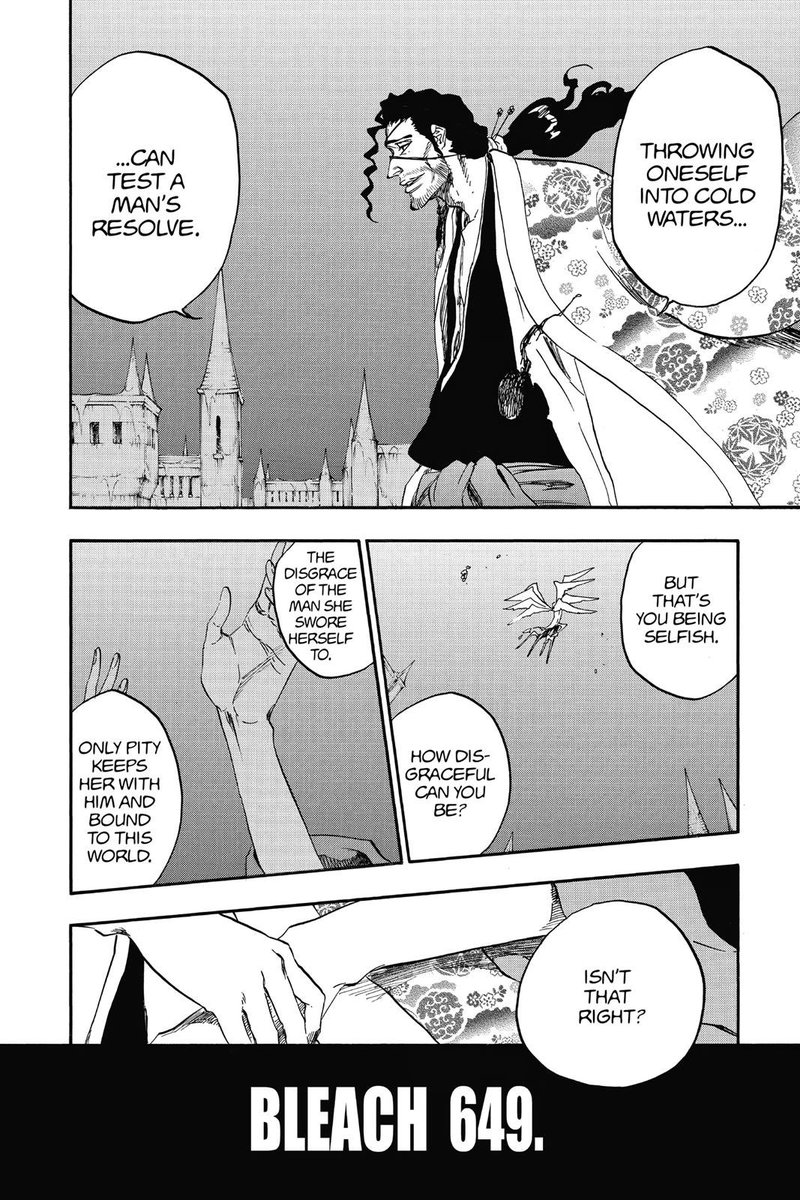
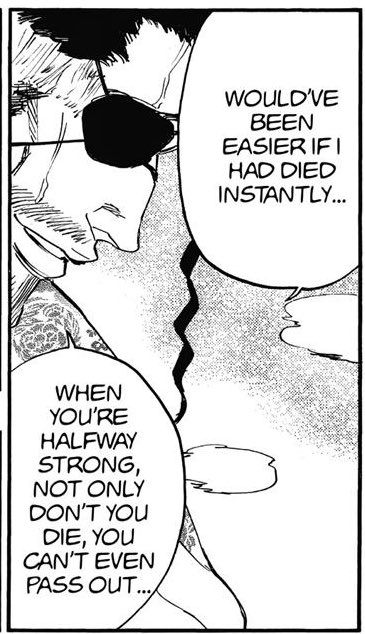
It’s all shown visually in the bankai release itself. The roots = connection to his past and his zangetsu clinging to him = how he will always be burdened by this.
The shadowy nature itself again highlights how this is a hidden part of shunsui. +
The shadowy nature itself again highlights how this is a hidden part of shunsui. +
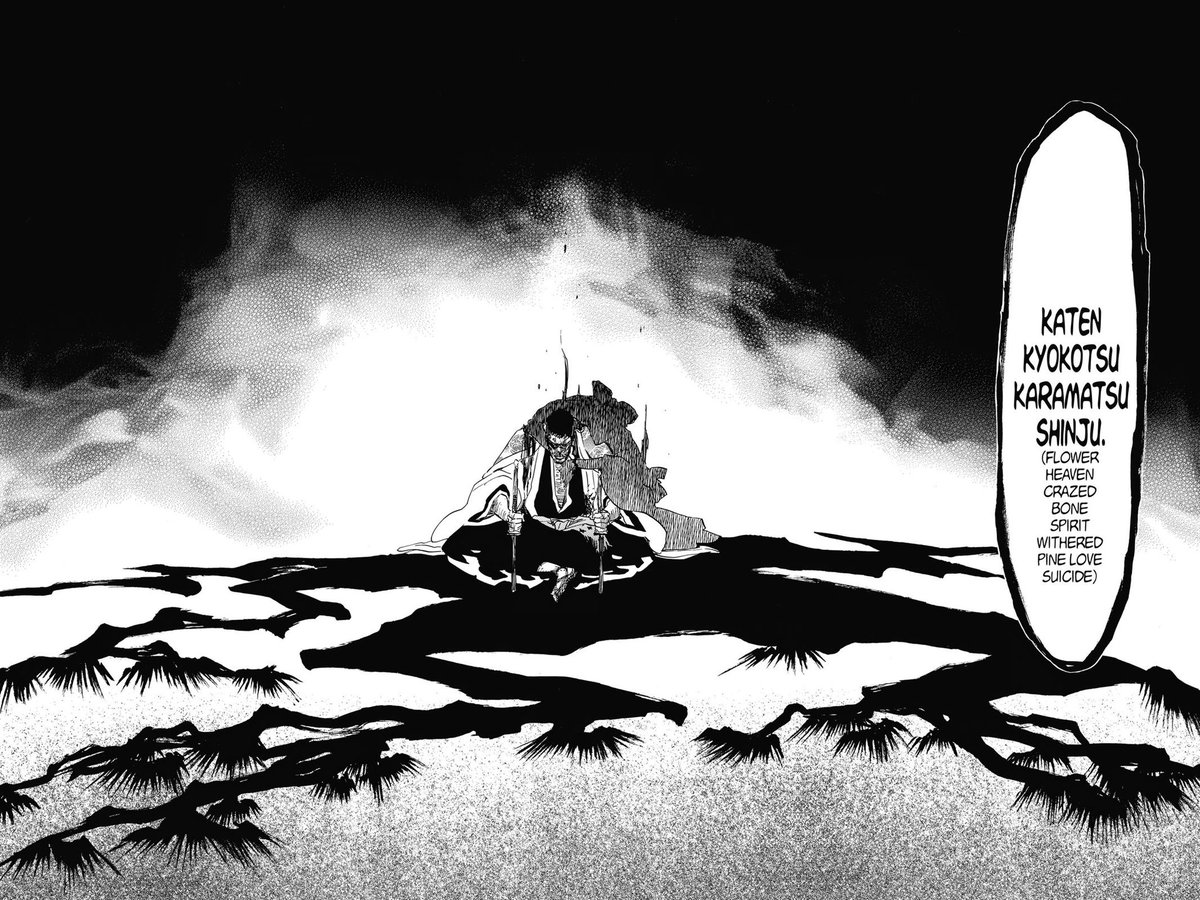
There’s other cool details - the ‘show’ restricts the talking of the audience.
This is tied to the idea of ‘logos’ which describes the rationality found in speech and conversation, hence it being shunned shows that this is the full and honest representation of his EMOTIONS. +

This is tied to the idea of ‘logos’ which describes the rationality found in speech and conversation, hence it being shunned shows that this is the full and honest representation of his EMOTIONS. +


These emotions come through in all of the acts to give more subtext. Ie act 1 shows the relationship between his brother & nanao’s mother but it also reflects shunsui’s underlying desire for connection and the understanding that those connections can be painful. + 



Also his bankai shares his own power and experiences by forcing his opponents to be the audience, whereas his other zangetsu hides the ise family treasure which reflects the opponents power back at them. This is literally the opposite and again emphasises his duality. + 
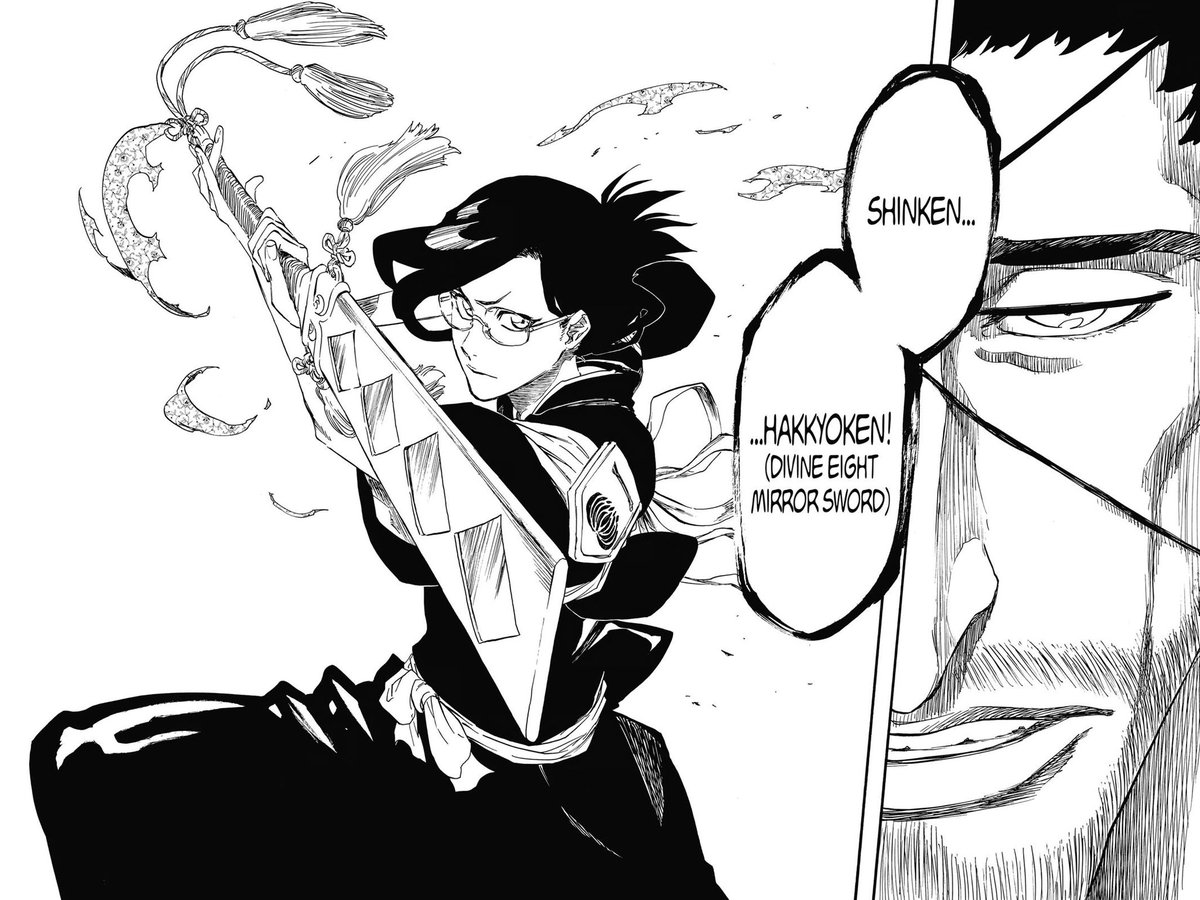
His opponent ties to a major theme in Bleach - the idea that ‘god’ resides within us all. It’s highlighted in ichigo’s arc, aizen’s mistaken god complex, reio being a powerless nugget, mayuri creating life through science, and ywatch who gained the power of god from others.+ 




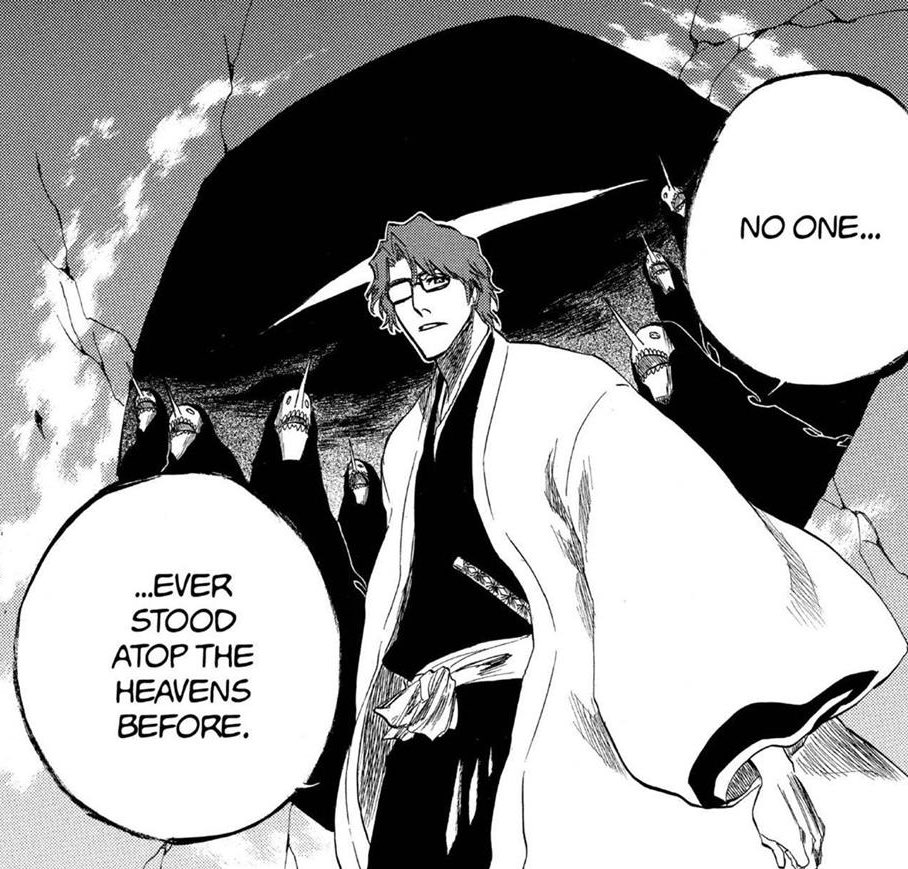


It’s essentially the battle of finding purpose within yourself v only having purpose as an extension of your ‘role’. Eg when he starts his bankai, Barro says it’s not hopeless as he is a messenger of god. His ROLE rebukes it v shunsui who must fight his hopelessness head on. + 



It’s shown through the conclusion. Shunsui accepts his trauma and opens up to nanao, his honesty at last allowing him to truly help her by protecting her - reflecting the power of God itself through human connection. + 


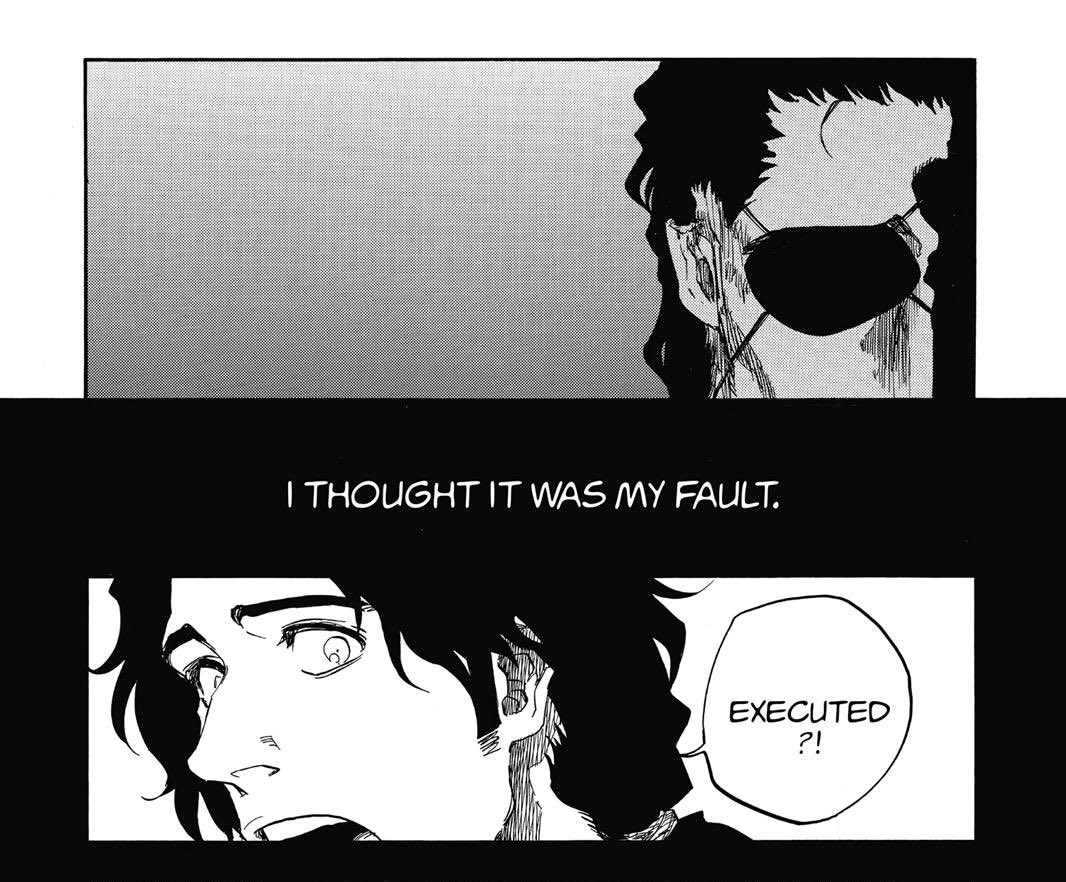


It’s even emphasised in act 2 where shunsui makes the buddha pose (pointing to heaven and earth as witnesses).
The path to enlightenment is an intrinsically human journey to grow past your failings as he fights against a being gifted the power of a false god. +
The path to enlightenment is an intrinsically human journey to grow past your failings as he fights against a being gifted the power of a false god. +
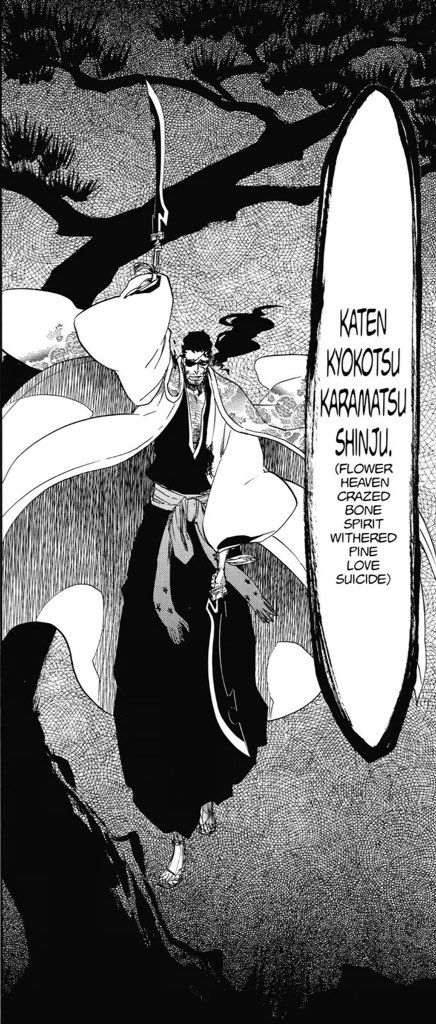
Shunsui’s conclusion shows the past will always affect him, but through his growth and connection to others he’s able to continue living regardless.
His bankai is hauntingly beautiful and my favourite of the series, perfectly tying his character together.
thanks for reading🤍
His bankai is hauntingly beautiful and my favourite of the series, perfectly tying his character together.
thanks for reading🤍

• • •
Missing some Tweet in this thread? You can try to
force a refresh







